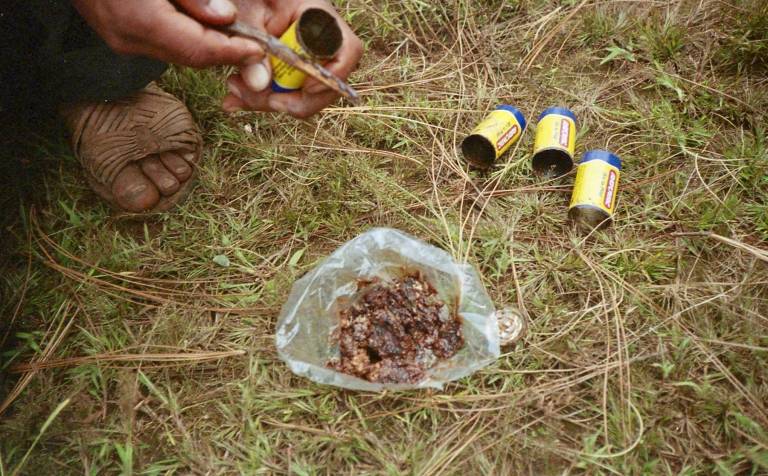Adapting global engagement: investigating the Mexican opium crisis
Dr Nathaniel Morris (UCL History), used the Global Engagement Funds to kick-start a collaboration with colleagues in Mexico, France and the USA exploring the production of illicit opium.

30 November 2020
Mexico is one of the world’s largest producers of illicit opium, which has created violent conflicts in many of the country’s most marginalised rural regions. Yet it also channelled hundreds of millions of dollars to impoverished people unable to survive by any other means.
Since 2018 there has been a crash in the price of opium in Mexico, with devastating consequences for peasant growers.
Nathaniel, a Leverhulme Early Career Fellow, is working with the Global Initiative Against Transnational Organised Crime, UC San Diego and non-profit independent research centre Noria to investigate the problem.
Under-investigated issue
Supported by the funding, the team of academics, journalists and activists had planned to hold a two-day event to assess how the crisis was playing out at local, regional, national and international levels, and discuss possible solutions to this urgent but under-investigated public security challenge.
They planned to conclude by presenting their findings to the wider public, and launching a research cluster and inter-linked special edition of the Journal of Illicit Economies and Development (JIED).
But the disruption caused by COVID-19 has meant they have needed to move their collaboration online.
A smaller, socially-distanced symposium is on the cards for Spring 2021, featuring only the core members of the research team, to be broadcast virtually to a live audience and recorded for future use.
The public launch event will also become mainly digital, with the Global Engagement grant covering room rental, tech hire, publicity and organisational admin.
New findings
The research that the team has been able to carry out remotely with the help of on-the-ground contacts in Mexico over the last few months has indicated that the local opium trade has begun to boom again, thanks to the pandemic's disruptive effects on global synthetic opiate supply chains linking China to the US via Mexico.
Nathaniel said: “I saw that UCL’s Global Engagement Office were offering grants for organising events that would bring together UCL staff, and partners at other institutions, to co-create solutions to global problems. I realised that such a grant would provide me with a perfect opportunity to begin organising an investigation project into what we had already begun to call ‘The Mexican Opium Crisis.’
“The outbreak of the COVID-19 pandemic naturally disrupted our plans. But we all remain enthusiastic about meeting in 2021, whether physically or digitally, to pick up where we left off, and also to integrate new findings regarding the effects of COVID-19 on Mexico's opium economy.”
Links
- Research report: No More Opium for the Masses
- Journal of Illicit Economies and Development call for papers: English and Spanish versions
- UCL History news
- UCL Faculty of Social & Historical Sciences
For the latest news about UCL’s international activity, partnerships and opportunities, subscribe to our bimonthly Global Update newsletter.
 Close
Close

